How Academic Historians can be Useful to K-12 Teachers
NCHE
MARCH 25, 2024
After Jessica Ellison invited me to participate in a conversation about how academic historians might be of use to K-12 teachers, I did a little research: I asked teachers at our state social studies council what they most needed for their work. The answers were clear: time and confidence, they said.

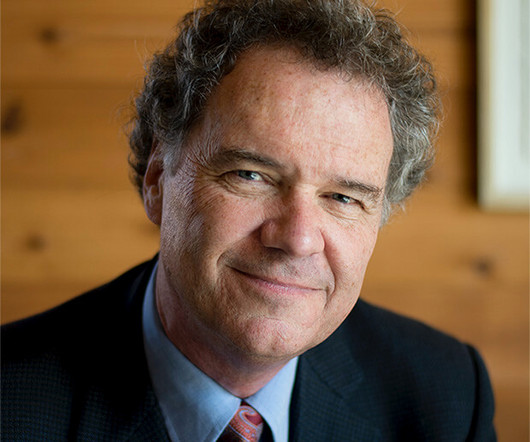
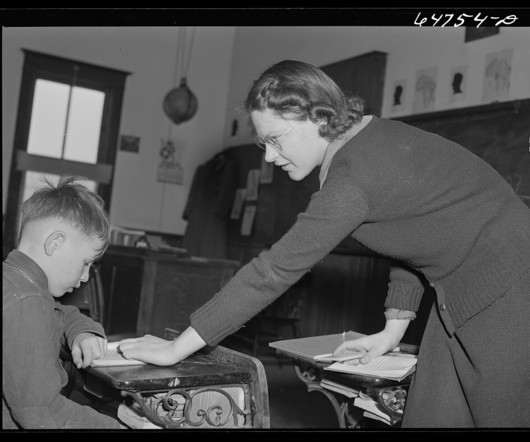
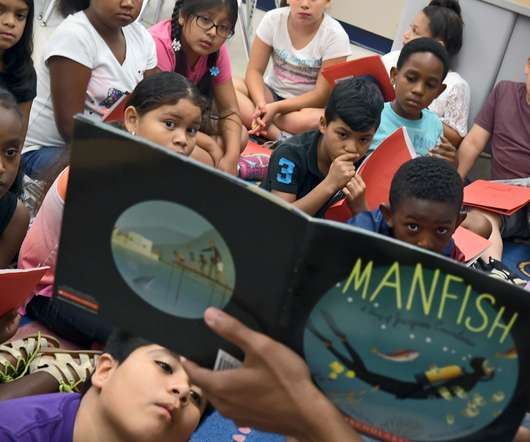

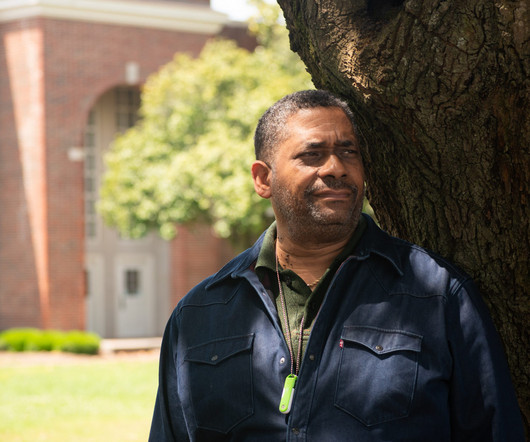

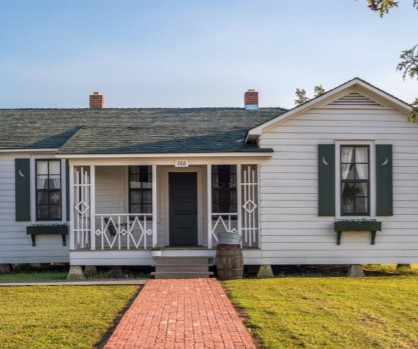
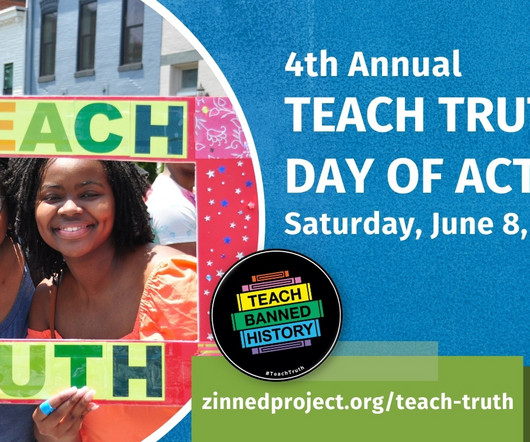
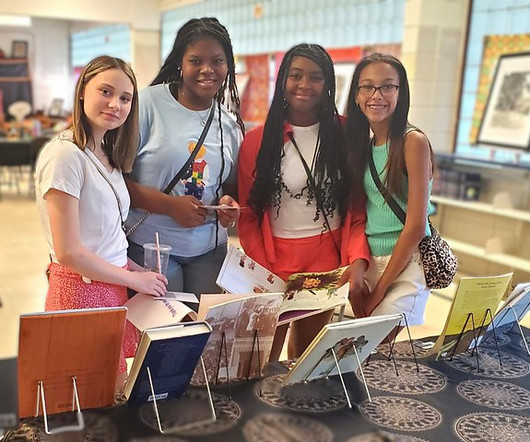
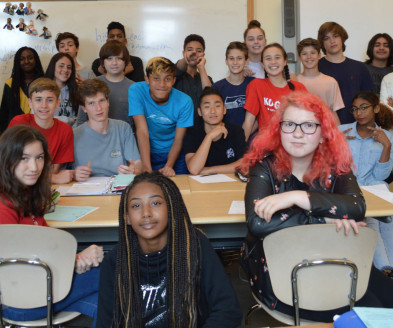






Let's personalize your content